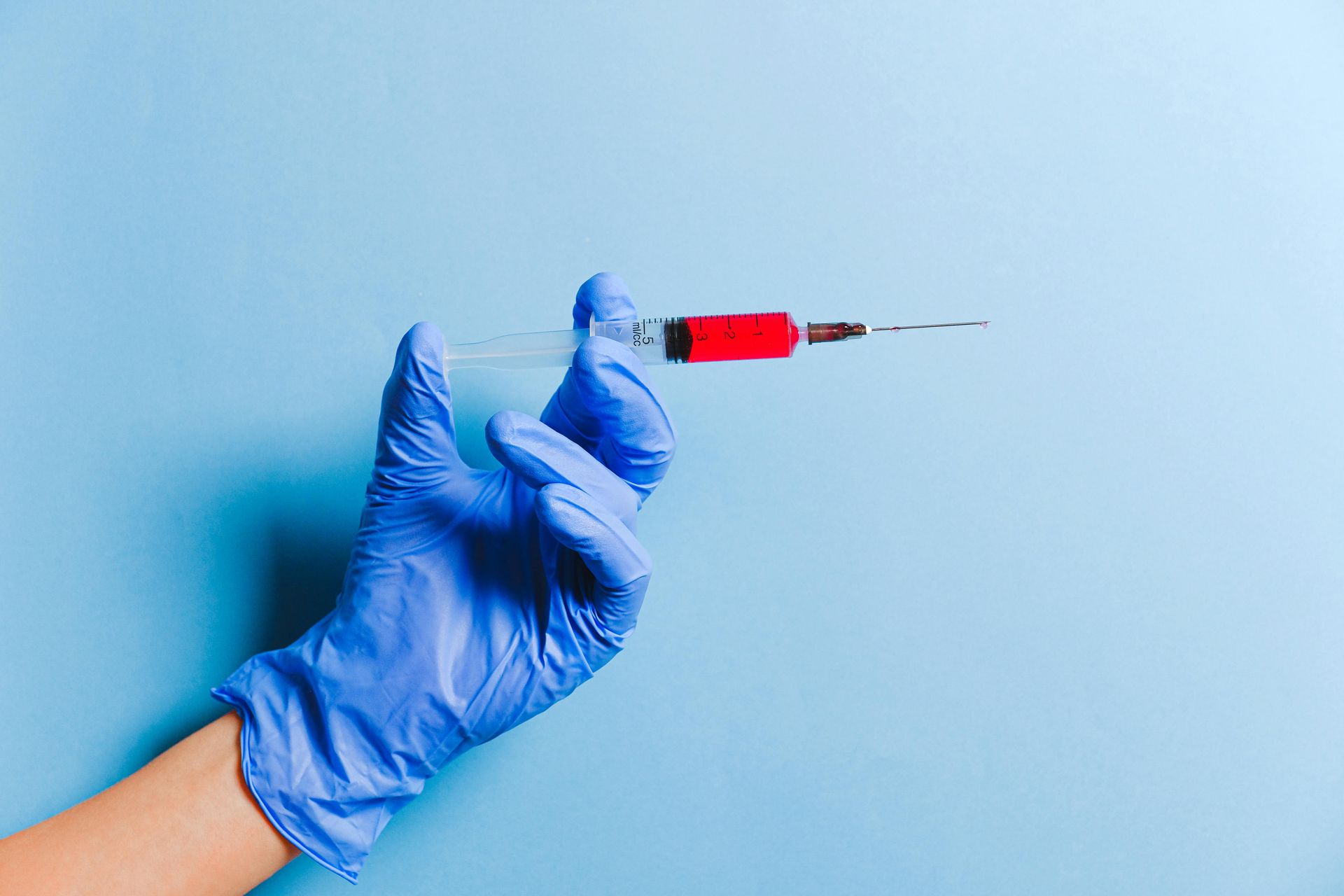
What Effects does Alcohol have on the Body?
What Effects does Alcohol have on the Body?
written by Casey Magill RN, BSN
Website: https://thefreelancern.com/

Alcohol consumption is a controversial topic.
How much is too much, and does it really cause health problems?
The answer to that is "yes."
Studies have shown that heavy alcohol intake affects not only your physical condition but also your relationships and overall livelihood.
In this post, we'll be looking at the effects of alcohol on the body.
The Brain
Drinking alcohol at an early age significantly impacts brain function. Because our brains are still developing during our childhood and teen years, alcohol can severely alter a young person's ability to reason and process emotions.
Ongoing alcohol use leads to long-lasting difficulty with speech and coordination, diminished memory function, and an inability to make good decisions.
Once the brain is damaged by heavy alcohol consumption, it cannot be repaired.
The Heart
A one-time event of alcohol misuse or excessive alcohol intake over a long period can both damage the heart.
Consuming alcohol in large quantities stretches the heart muscle, causing it to become too thin to pump blood throughout the body adequately. When the heart has to work harder, there is a greater chance of developing high blood pressure or an irregular heartbeat. The heart can only try to compensate for so long before it becomes very weak and fails completely.
The Liver
Heavy drinking causes large amounts of fat to build up in and around your liver.
Heavy alcohol consumption will eventually cause liver diseases like hepatitis, cirrhosis, or cancer. In all these conditions, the tissue in the liver is destroyed, making the damage permanent. When this happens, the only option for treatment is a liver transplant.
The Pancreas
Alcohol causes the pancreas to become irritated and swollen, a condition known as pancreatitis.
The pancreas plays a key role in our digestive process and produces insulin to regulate blood sugar levels.
When the pancreas isn't able to function correctly, it can lead to issues with how our body absorbs nutrients or a worse diagnosis (such as diabetes.)
Immune System
Our immune system keeps us from getting sick or at least decreases the amount of time our body spends fighting an ailment.
Alcohol causes our immune system to become weak, making us more vulnerable to infections and increasing the time it takes to recover from an illness.
Cancer
Consuming alcohol in large quantities greatly increases a person's risk of cancer. Not just one type of cancer, but several, including
- Mouth, Larynx, Pharynx, and Esophagus
- Liver
- Colon / Rectum
- Breast (greater risk even with minimal alcohol intake)
- Stomach cancer
In addition to alcohol use, smoking, other forms of tobacco, and being overweight raise the probability of a cancer diagnosis even more.
People are often told it's okay to drink alcohol in moderation. But what exactly does that mean?
The recommendation is:
- Two drinks (or less) per day for men
- One drink (or less) per day for women
Remember that external factors influence whether or not consuming alcohol is safe (such as age, environment, current health status, etc.). However, in any case, prolonged alcohol use will inevitably begin to disrupt the body's ability to function normally.
Resources:
World Health Organization: Alcohol
https://www.who.int/news-room/fact-sheets/detail/alcohol
National Institute on Alcohol Abuse and Alcoholism: Alcohol's Effects on the Body
https://www.niaaa.nih.gov/alcohols-effects-health/alcohols-effects-body
American Cancer Society: Alcohol and Cancer
https://www.cancer.org/healthy/cancer-causes/diet-physical-activity/alcohol-use-and-cancer.html
National Institute on Alcohol Abuse and Alcoholism: Drinking Levels Defined
https://www.niaaa.nih.gov/alcohol-health/overview-alcohol-consumption/moderate-binge-drinking
Thank you for reading Patient Education Essentials, the Write Shift RN blog.
Disclaimer: This article was written as a guest post for Write Shift RN LLC's blog. The information in it may not be wholly fact-checked or edited, allowing the reader to see the writer's work and skills firsthand. This information is not intended as medical advice. It is for informational and educational purposes only. Always talk to your doctor or other qualified healthcare providers about any questions or concerns you may have regarding medical conditions.










